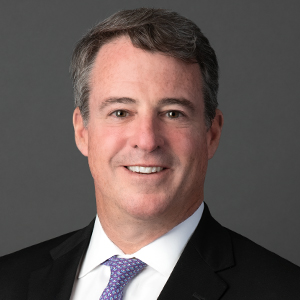
Partner | White Collar Defense and Investigations
On November 18, 2022, Attorneys General from 16 states and the District of Columbia, led by D.C.’s Karl Racine, wrote to the chairs and ranking members of the Senate Banking, Housing, and Urban Affairs Committee and the House Financial Services Committee regarding “efforts to interfere with financial institutions’ ability to make sound investment decisions on behalf of hardworking Americans.” Their letter is in response to, among other things, a letter to BlackRock on August 4 on behalf of 19 other states’ attorneys general, to which BlackRock provided a detailed response in early September. The November letter states that investment managers have a fiduciary duty to include ESG considerations as part of their investment decision-making process and that consideration of “ESG factors is consistent with legal responsibilities to evaluate potential risk and reward in assessing the merits of an investment. Consideration of those factors does not categorically block investment in any given industry or sector, but merely allows for an evaluation of the expected impact of environmental, social, and governance events on returns.”
The letter also pushes back against views expressed by some state financial officials and others that participation in industry climate collaborations such as the Glasgow Financial Alliance for Net Zero or the Net Zero Asset Managers Initiative (NZAMI) raises antitrust concerns. According to the letter, an “expression of general recommendations or a statement in favor [for] or against certain policies does not, without more, constitute a violation of the Shearman Act.” The letter adds that the NZAMI “commitment page, which the August 4 letter cites, does not appear to direct managers to avoid certain clients, or to suppress investment in particular energy resources.” We have previously commented on the potential antitrust issues surrounding industry climate initiatives.
Taking The Temperature: This letter is yet another development in the highly charged and partisan political debate surrounding climate change regulation and the role of climate in investment decision-making. For example, as we discussed previously, Senator Pat Toomey has written to ESG ratings providers requesting details on their methodologies. Certain state financial officials have barred some financial institutions from municipal securities underwriting syndicates or managing public funds due to supposed “anti-energy” views. The recent change in control of the House of Representatives, resulting in a divided Congress, is likely to exacerbate the trend to politicize climate change and other ESG issues. While we do not perceive an end to this trend anytime soon, we anticipate that the temperature will come down as the asset management and other industries, and applicable regulators, approach greater consensus on the need to consider and the quantum of disclosure regarding climate change and social impact factors in investment decisions.




